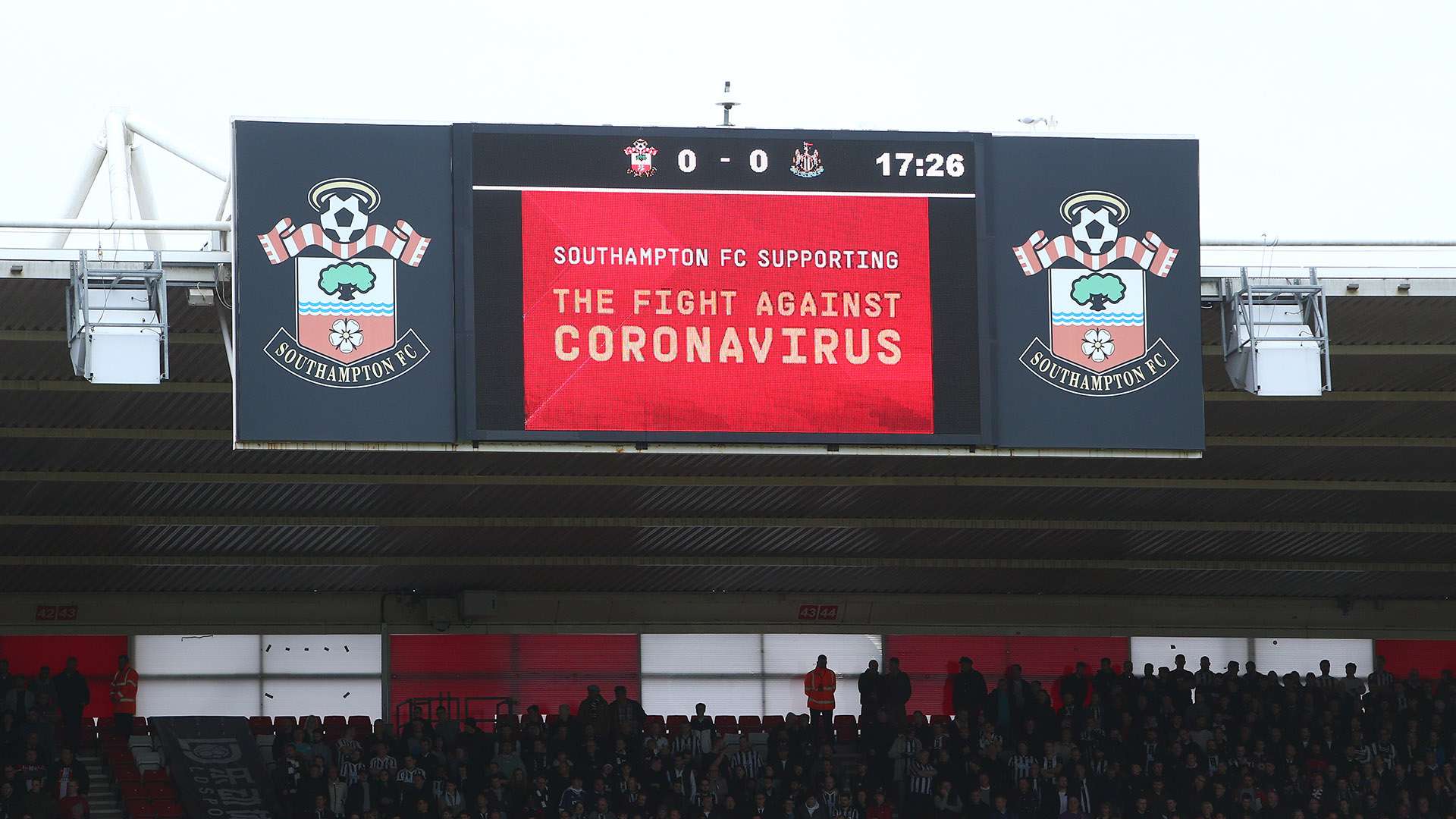The Professional Footballers' Association has recognised that salary cuts for its members may be necessary in order to protect the sport, but insisted that they would not support blanket reductions at England's richest clubs.
While almost all clubs in England have been hit by the financial implications of the shutdown, measures to alleviate the matter have been slow in arriving.
No Premier League sides have yet agreed salary cuts with squad members, in stark contrast to Liga giants Atletico Madrid and Barcelona who have each negotiated 70 per cent reductions.
Secretary of State for Health and Social Care Matt Hancock pointed the finger at the game's stars on Thursday, saying: “I think everybody needs to play their part in this national effort and that means Premier League footballers too.
“Given the sacrifices people are making, including some of my colleagues in the NHS, who have made the ultimate sacrifice and gone into work and caught the disease and have sadly died, I think the first thing Premier League footballers can do is make a contribution; take a pay cut and play their part."
The PFA, which represents the interests of professional footballers in England, initially registered strong opposition to wage cuts and in a statement released on Thursday reiterated that owners could not use the crisis as an excuse to slash outgoings without justification.
"Football, of course, faces its own challenges. As this is an ever-moving situation, our staff are working tirelessly behind the scenes on this unprecedented crisis to address the needs of the players, while considering the clubs and the wider industry," the body explained.
"Our initial response to the outbreak was to focus solely on the health and safety of players, club staff and the fans. We circulated advice and recommendations to all players and clubs regarding best practice at the training ground, and as the outbreak progressed, we then voiced the player’s concerns to the leagues which resulted in training being suspended at all clubs.
"We wanted to ensure the necessary steps were taken to ensure football was taking responsibility to do its part in reducing the potential for spreading the virus. It was quickly obvious that the wider implications of the pandemic were more important than football.
"Understandably, with the season subsequently on hiatus, the players’ and clubs’ financial positions then became a priority issue.
"Contrary to some press reports the PFA has never stated that it will block all wage deferrals. What we have sought to put in place is a structured and unified approach to ensure a fair response across the leagues.
"Each club’s financial standing will vary. We are aware of the public sentiment that the players should pay non-playing staff’s salaries. However, our current position is that - as businesses - if clubs can afford to pay their players and staff, they should," it added.
"The players we have spoken recognise that the non-playing staff are a vital part of their club and they do not want to see club staff furloughed unfairly. Any use of the government’s support schemes without genuine financial need is detrimental to the wider society.
"In instances where clubs have the resources to pay all staff, the benefit of players paying non-playing staff salaries will only serve the business of the club’s shareholders.
"We fully accept that players will have to be flexible and share the financial burden of the COVID-19 outbreak in order to secure the long-term future of their own club and indeed the wider game. Our advice going out to players at this point reflects that expectation.
"In addition, the PFA is also expecting to contribute financially to any solutions agreed upon. We are hoping to reach an agreement with the Premier League and EFL that secures the long-term future of the clubs and protects players."
